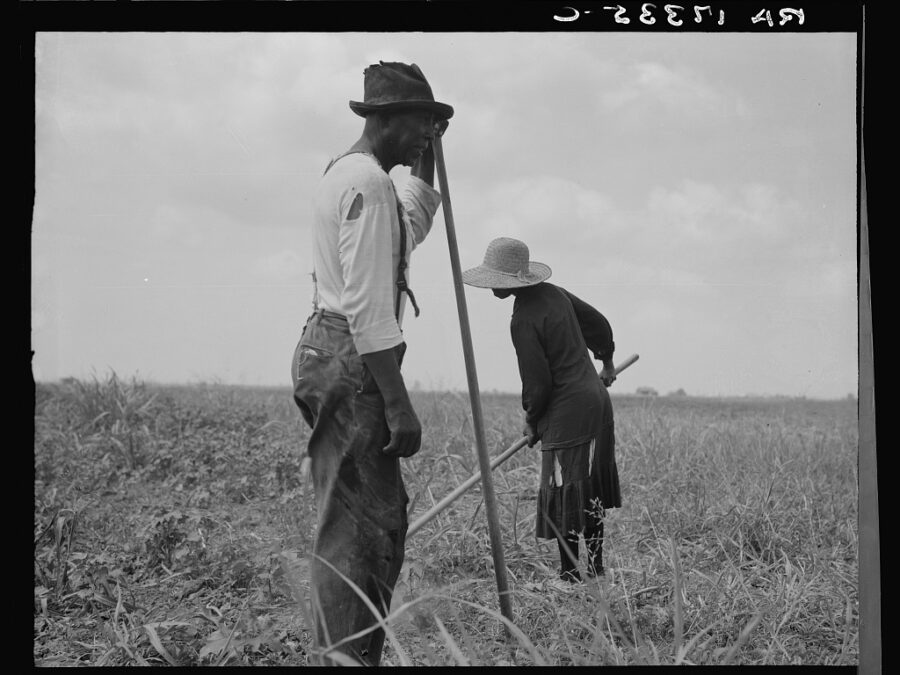
During the 1930s, the United States faced one of the greatest economic crises in its history, known as the Great Depression. The stock market crash of 1929 led to widespread unemployment, poverty, and despair among the American people. In response, President Franklin D. Roosevelt implemented the New Deal, a series of government programs and reforms aimed at revitalizing the economy. While the New Deal brought relief to many, it also had a significant impact on civil rights. African Americans, who were particularly hard-hit by the economic downturn, started to demand equal treatment and a more inclusive society. This period saw the emergence of prominent civil rights leaders like Rosa Parks and Martin Luther King Jr., laying the groundwork for the future struggle for racial equality in the United States.